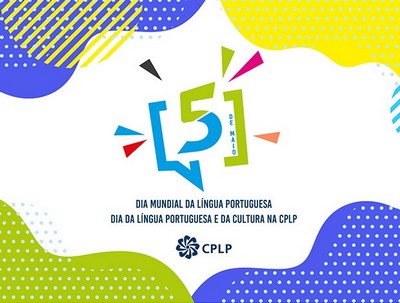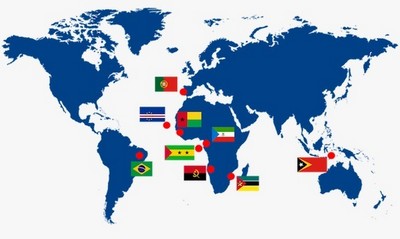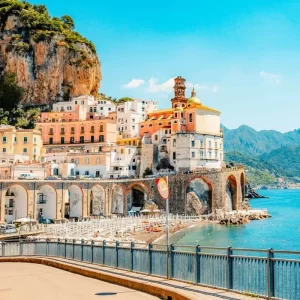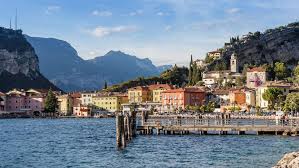World Portuguese Language Day celebrated globally with a renewed call for cultural unity and digital inclusion

Celina Ali
Islamabad: The vibrant spirit of Lusophone identity and cultural unity echoed across continents as the world came together to celebrate UNESCO World Day of the Portuguese Language and the Cultures of Portuguese-Speaking Countries.
Marked annually on May 5, the day honors not only the linguistic legacy of Portuguese but also the shared heritage of nearly 300 million speakers spread across four continents.
This year’s global theme, “The Promotion and Dissemination of the Portuguese Language and Cultural Diversity of CPLP Member States: From Traditional Experiences to Digital Platforms,” reflected the growing importance of technology in preserving and celebrating languages. As artificial intelligence and digital media reshape global communication, Portuguese continues to thrive — not just as a language, but as a living, evolving bridge between peoples and nations.

Portuguese, which originated in Western Europe over a millennium ago, has today become a universal language — the most widely spoken in the Southern Hemisphere — with vibrant cultural landscapes in Portugal, Brazil, Angola, Mozambique, Guinea-Bissau, Cape Verde, São Tomé and Príncipe, Equatorial Guinea, and East Timor. These countries form the Community of Portuguese-Speaking Countries (CPLP), a community bound by language, enriched by diversity, and united by shared values of cooperation, culture, and solidarity.
In a joint statement commemorating the day, H.E. Frederico Silva, Ambassador of Portugal and H.E. Olyntho Vieira, Ambassador of Brazil, emphasized the transformative power of the Portuguese language in building intercultural understanding and mutual respect across borders.
They lauded the CPLP for its enduring commitment to promoting linguistic and cultural diplomacy and expressed hope that, through digital innovation and collective action, the Lusophone identity would continue to flourish across generations.
May 5th, is not just a celebration; it is a commitment to unity in diversity, and a testament to the enduring legacy of Portuguese as a language of global connection and cultural richness.





